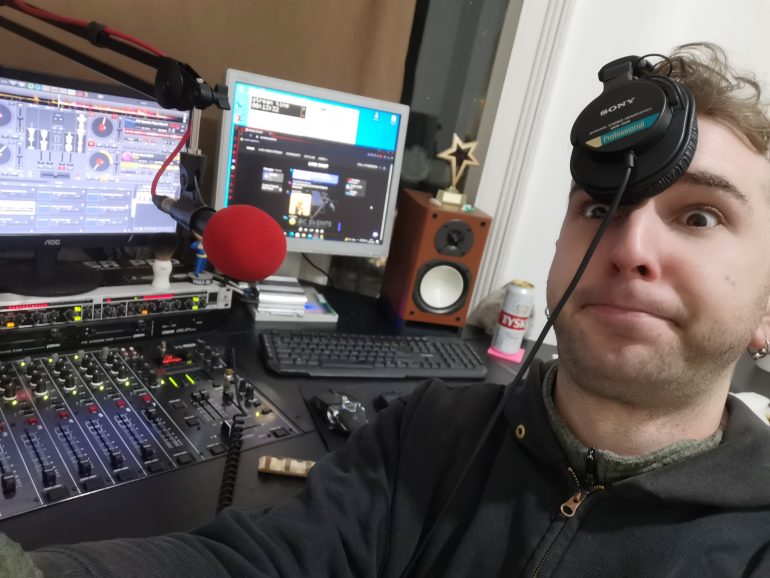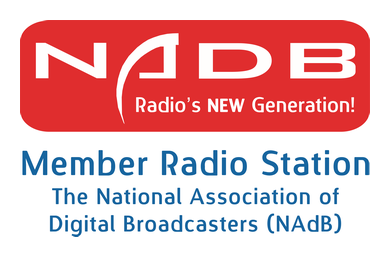The whole point of digital music is the risk-free grazing”
Cory Doctorow, Canadian journalist and co-editor and of the off-beat blog Boing Boing, is an activist in favor of liberalizing copyright laws and a proponent of the Creative Commons non-profit organization devoted to expanding the range of creative works available for others to build upon legally and to share. Doctorow and others continue to write prolifically about the apocalyptic changes facing Intellectual Property in general and the music industry in specific.
















